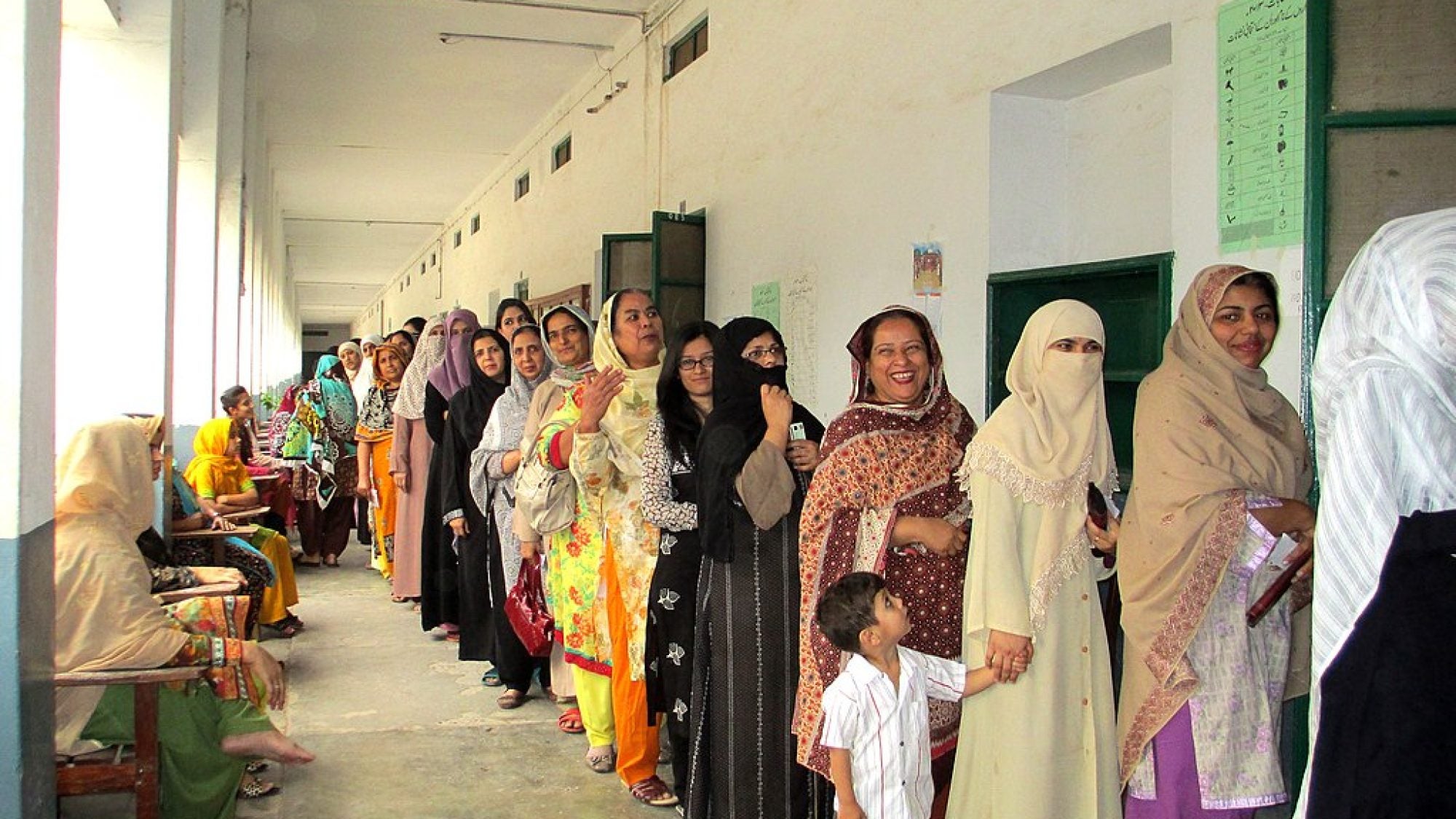The Pakistan Muslim League–Nawaz (PML-N), headed by former Prime Minister Nawaz Sharif, will regain control of the government. Mr. Sharif represents old-school Pakistani politics. He was initially a protégé of General Zia ul-Haq, and has been prime minister twice previously, although he has never finished a full five-year term. Sharif’s victory is also a sign of the continuing strength of the patronage system and the continued control of the moneyed elite over the political system in Pakistan. Sharif has long relied on patronage networks as a way of garnering votes and has had decades of involvement in politics to strengthen those networks. While money is a major factor in elections all over the world—including in the United States—the patronage networks in Pakistan reinforce the concentration of power in the hands of the rich few, severely limiting the real and potential political power of those without money or connections.
Furthermore, the political power bases of two of the three major parties remain firmly intact. Sharif’s major power base has always been, and remains, based in Punjab, the most populous province and arguably the dominant one in Pakistan. The Pakistan People’s Party (PPP) continued its dominance in Sindh. Patronage networks encourage this kind of regional entrenchment, but they also exacerbate regionalism in an already domestically fractured country. With political parties firmly rooted in specific regions, national policies become even harder to implement.
One party has challenged the political status quo in Pakistan. The Tehreek-e-Insaaf (PTI) looks to be the main opposition party in Pakistan’s National Assembly. It also is the dominant party of the ruling coalition in the Khyber-Pakhtunkhwa province, which borders Afghanistan and contains most of the Taliban strongholds. Before these elections, the only two parties with national reach were the PPP and the PML-N. The rise of the PTI has the potential to change Pakistan’s politics. Its focus on Pakistan’s youth, and its relatively recent ascension to the status of major political player, means that the PTI is not firmly rooted in Pakistan’s pre-existing political norms. However, new parties can easily fall apart or become as entrenched as the older ones. It remains to be seen if the PTI is capable of maintaining its identity over time, or if it will simply become another patronage network.
That these elections largely maintained the status quo is hardly surprising. Entrenched interests are entrenched for a reason and countries are frequently slow to change. Many outsiders consider it impressive enough that the elections occurred in the first place, and that the military has avoided involving itself in the electoral process beyond providing necessary security for polling stations. Nevertheless, real change is needed if conditions are to improve in Pakistan. With severe domestic unrest, primarily along the Afghanistan border, a weak economy, and a huge youth bulge, Pakistan needs change to avoid imploding. The sad truth is that these elections, historic though they may be, are not a turning point. They are a confirmation that little is likely to change for Pakistan in the near future.
Image Credit: Rachel Clayton/Department for International Development, CC BY 2.0 <https://creativecommons.org/licenses/by/2.0>, via Wikimedia Commons
This is an archived article. While every effort is made to conserve hyperlinks and information, GJIA’s archived content sources online content between 2011 – 2019 which may no longer be accessible or correct.

